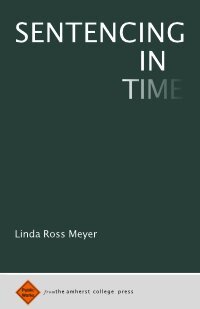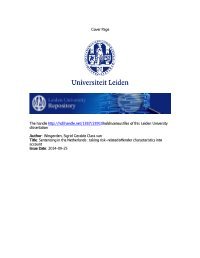By Julie Gerlinger
The author investigates the impact of law-and-order schools, defined as those that rely heavily on exclusionary discipline (i.e., suspension and expulsion) as a form of punishment, on neighborhood crime. Additional analyses are performed to assess whether the effects of punitive school discipline on local crime are moderated by neighborhood disadvantage. Findings suggest that suspensions are associated with increases in local crime—evidence of a macro-level school-to-prison pipeline—while expulsions are generally associated with fewer crime incidents. Although disciplinary exclusions appear to increase crime at fairly consistent rates across levels of neighborhood disadvantage, both exclusion types are associated with more aggravated assault in areas with higher levels of disadvantage. As such, institutional processes of the school appear to help explain variations in community crime.
Socius Volume 6, January-December 2020





